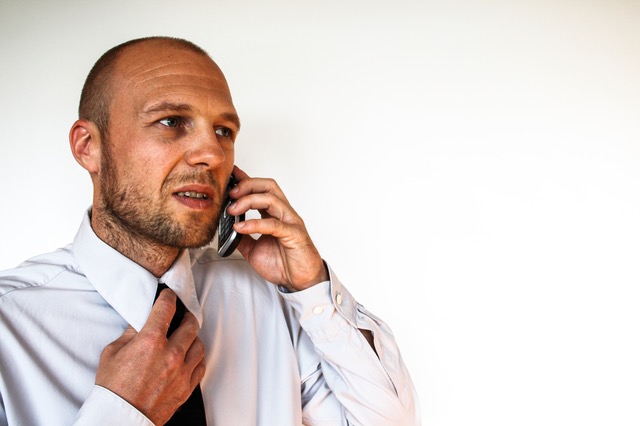It’s time we stopped romanticising overexertion
Stress, exhaustion and overexertion are widely understood to be negatives. But these days, it’s safe to assume that nearly all of us have ‘humble-bragged’, however indirectly, about how “stressed”, “tired” or “busy” we are.
We have fallen victim to the societal, culturally constructed concept that our input (the effort and energy we expend) is more vital to our success than our output (the actual value we produce). It’s time we stopped romanticising overexertion.
If you do not have within yourself a well-habituated tendency to relax into an adaptive, parasympathetic state, you run the risk of wearing your system out gradually over time. According to the wellness gurus and meditation retreat maestros at The Art of Meditation,“[That’s] because you’re running your nervous system on too high a gearing. It’s like driving a car at 70 miles an hour on the motorway in second gear, it’s not going to last you very long. You’re revving too hard.
So stop feeling guilty…
Yes, there is value in hard work, but there is also value in learning how to listen to our minds and bodies and understanding when we need to pull back. It’s important we take the time to care for ourselves and give our bodies what they need.
We believe we should work hard in order to be happy, but could we be thinking about things backwards? In a TED talk, psychologist Shawn Achor argues that, actually, happiness inspires us to be more productive. Its called the happiness advantage—a positive mind performs significantly better than it does when feeling negative, neutral or stressed. Your intelligence, your creativity, and your energy levels all rise.
So what’s the solution? Try adjusting your focus to recognise the process over the end point. Reframe your life “as a process of growth, not of being ‘done,’” said Dr Azvedo Hanks, author of The Burnout Cure: An Emotional Survival Guide for Overwhelmed Women. That is, focus on growing and moving toward your goals. “You can celebrate your growth instead of feeling guilty for things left undone or incomplete.”
… work smarter, not harder
The tireless worker is a myth; research has shown that overexertion negatively impacts productivity. According to TEDxTokyo speaker Yoshie Komuro, CEO of Work Life Balance Co. Ltd., “Our brain can concentrate only for 13 hours after we wake up. After that, our concentration is as bad as drunk driving.”
According to a Harvard study, Americans—who work up to 50% more than their European counterparts—are no more economically successful than they are, even though Europeans work less and value more leisure time. That’s because our bodies do not thrive while in a ‘hyper-sympathetic’ coping state. When we are overtired, overworked or overstimulated, all they can do is just cope. And that’s not the state our nervous system should be in as we live our lives day-to-day.
So make like Voltaire, and “don’t let the perfect be the enemy of the good”. It’s time we move beyond comparing ourselves and competing with others, and instead start setting targets which really are attainable, and take pride in what we have achieved. Recognising the power of small wins improves our self-worth, lifts our spirits and sets a positive cycle in motion.
And take care of yourself!
Doctors and fitness experts constantly preach the importance of leading a balanced life. That translates to eating sensibly and getting enough rest. It’s even been recommended by healthcare professionals that the UK should cut down to a four day working week in order to combat stress-related absence.
Some studies put employees who work more than 55 hours a week at higher risk of stroke, coronary heart disease, diabetes, and depression. So-called workaholics are more likely to drink “risky” levels of alcohol, too. In Japan there is even a name for it: “karoshi”—death by overtime.
Practicing just a little more self-care, achieving balance and having the ability to know when your body, mind and spirit need to relax. Those are the things we should admire. So enjoy a lie in, read a book, take a long lunch or set aside some time to meditate.



